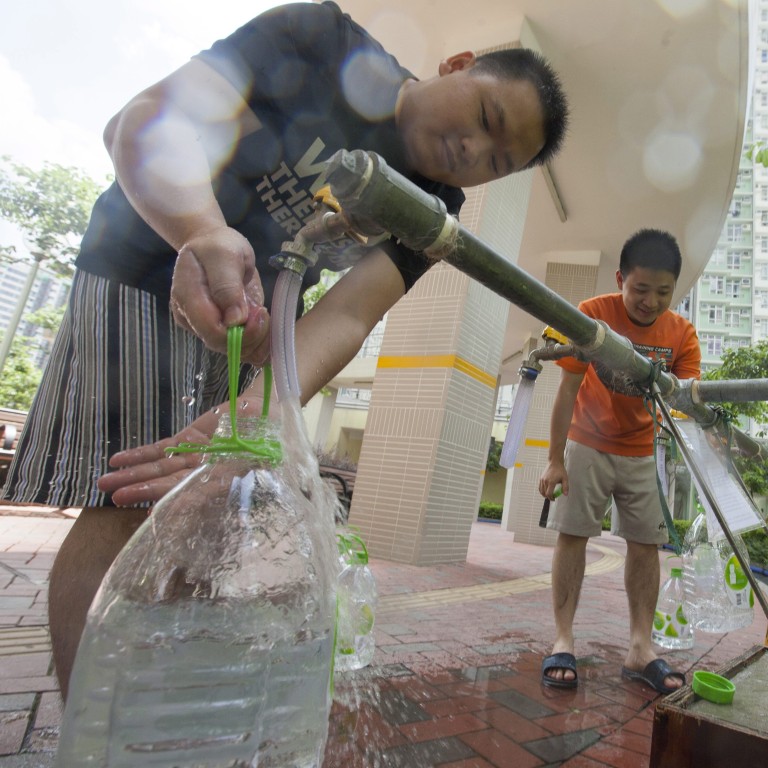
Hong Kong government must get to root of lead-in-water scandal
Three months into the water contamination scandal at public housing estates, the authorities have finally tabled the first report on what went wrong. Preliminary investigation by a special task force showed that the water had been tainted with lead used in soldering material for pipes.
Three months into the water contamination scandal at public housing estates, the authorities have finally tabled the first report on what went wrong. Preliminary investigation by a special task force showed that the water had been tainted with lead used in soldering material for pipes. A package of recommendations has been made to improve the system, including more inspections and changes to relevant legislation. It is alarming that the soldering material collected in the first two estates was found to have lead content reaching 41 per cent - 585 times the British standard of 0.07 per cent lead. The experts believe that other estates have the same problem. About 11 estates, three primary schools and two kindergartens have been affected so far.
The task force used science to ascertain the source of contamination. But it remains unclear why unsafe material made its way into the system in the first place. The task force only focused on technical issues. At least two inquiries are still ongoing, including one appointed by the chief executive. They are expected to fill in the gaps that remain. Law enforcement agencies should take action if corruption or other irregularities are involved.
That the problem has all along been neglected by the building industry is disturbing. The water supply chief would not be drawn on the government's responsibility, but he blamed the ignorance of the industry. The response falls short of what should be expected of an accountable administration.
The findings are just the first of many more steps needed to tackle the crisis. Households and pupils in affected premises still cannot count on safe tap water. Replacement of tainted pipes has to be the priority. Separately, those with excessive levels of lead in their blood may suffer adverse health consequences and must be given proper follow-up treatment.
The saga will not end until the government gets to the root of the problem and punishes those who are responsible. Any institutional loopholes that lead to abuse must also be plugged.

